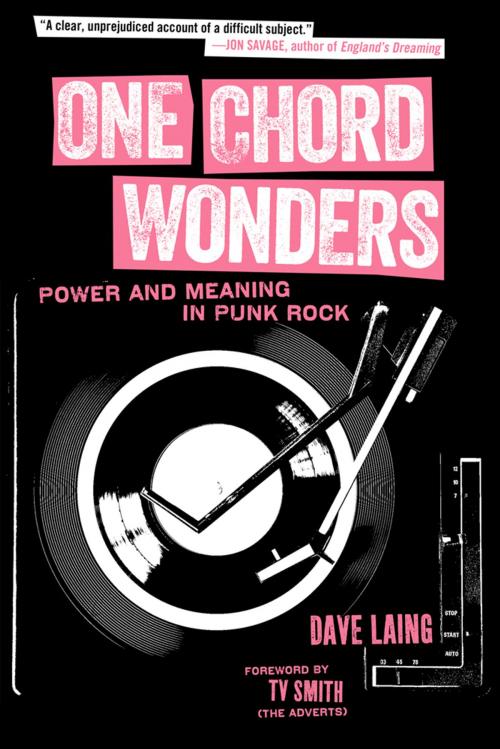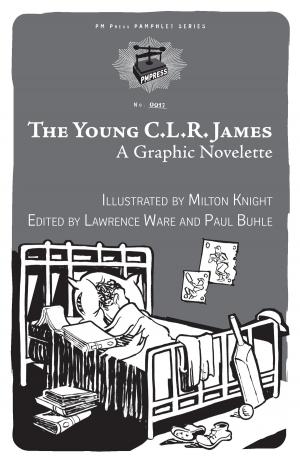One Chord Wonders
Power and Meaning in Punk Rock
Nonfiction, Entertainment, Music, Pop & Rock, Punk, Music Styles| Author: | Dave Laing | ISBN: | 9781629630571 |
| Publisher: | PM Press | Publication: | March 8, 2015 |
| Imprint: | PM Press | Language: | English |
| Author: | Dave Laing |
| ISBN: | 9781629630571 |
| Publisher: | PM Press |
| Publication: | March 8, 2015 |
| Imprint: | PM Press |
| Language: | English |
Originally published in 1985, One Chord Wonders was the first full-length study of the glory years of British punk. The book argues that one of punk’s most significant political achievements was to expose the operations of power in the British entertainment industries as they were thrown into confusion by the sound and the fury of musicians and fans. Through a detailed examination of the conditions under which punk emerged and then declined, Dave Laing develops a view of the music as both complex and contradictory. Special attention is paid to the relationship between punk and the music industry of the late 1970s, in particular the political economy of the independent record companies through which much of punk was distributed. Using examples from a wide range of bands, individual chapters use the techniques of semiology to consider the radical approach to naming in punk (from Johnny Rotten to Poly Styrene), the instrumental and vocal sound of the music, and its visual images. The concluding chapter critically examines various theoretical explanations of the punk phenomenon, including the class origins of its protagonists and the influential view that punk represented the latest in a line of British youth “subcultures.” There is also a chronology of the punk era, plus discographies and a bibliography.
Originally published in 1985, One Chord Wonders was the first full-length study of the glory years of British punk. The book argues that one of punk’s most significant political achievements was to expose the operations of power in the British entertainment industries as they were thrown into confusion by the sound and the fury of musicians and fans. Through a detailed examination of the conditions under which punk emerged and then declined, Dave Laing develops a view of the music as both complex and contradictory. Special attention is paid to the relationship between punk and the music industry of the late 1970s, in particular the political economy of the independent record companies through which much of punk was distributed. Using examples from a wide range of bands, individual chapters use the techniques of semiology to consider the radical approach to naming in punk (from Johnny Rotten to Poly Styrene), the instrumental and vocal sound of the music, and its visual images. The concluding chapter critically examines various theoretical explanations of the punk phenomenon, including the class origins of its protagonists and the influential view that punk represented the latest in a line of British youth “subcultures.” There is also a chronology of the punk era, plus discographies and a bibliography.















